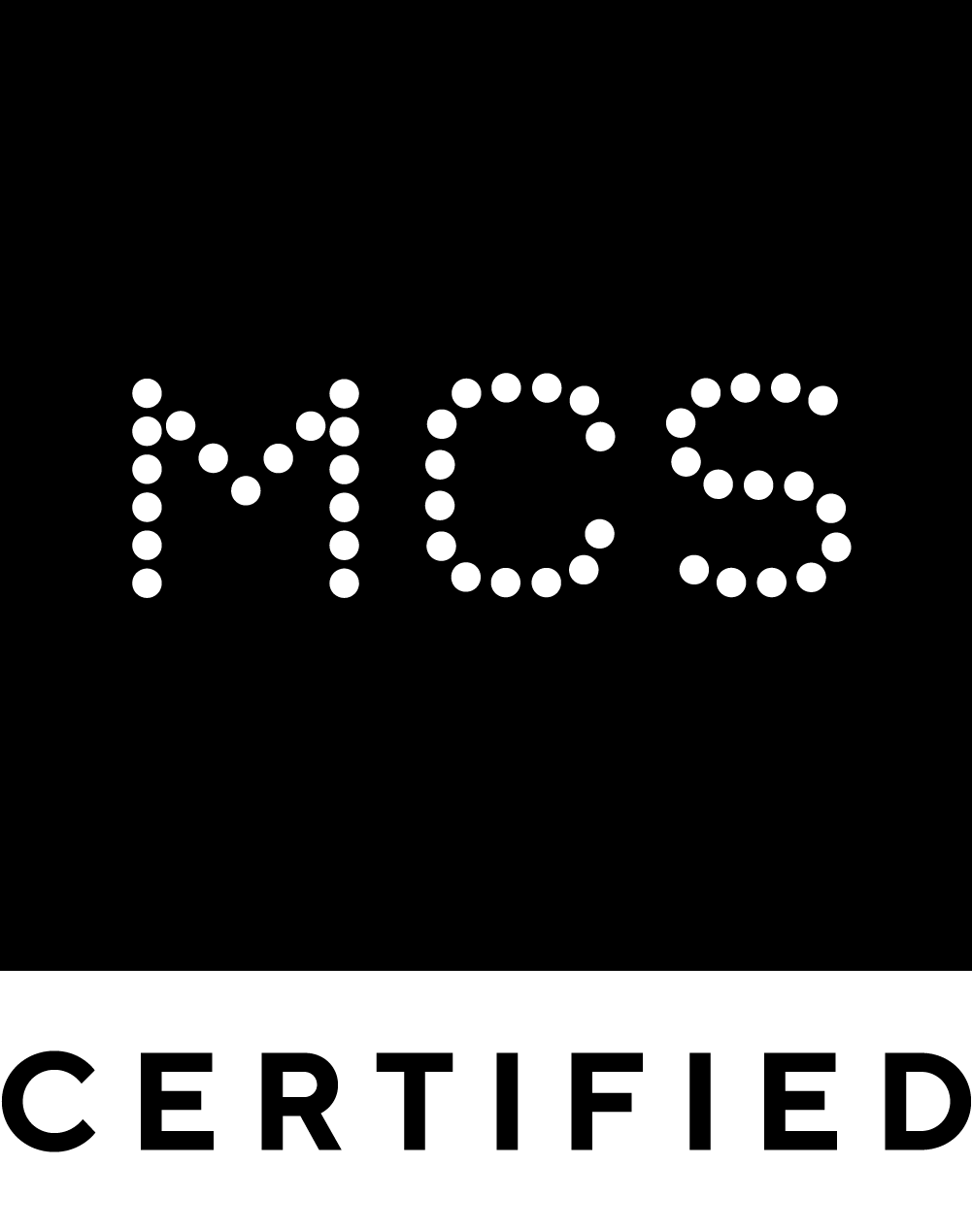
Solar & Battery MCS Certified Installer - Glasgow
SOLAR PV (Photovoltaic)
Photovoltaic cells are used in solar panels to capture the sun's energy and convert it to electricity. Although it may appear that installing solar panels in the UK is ineffective due to our lack of sunlight, if solar panels are used properly, the average home can generate 50-60% of the power required to supply its electricity from solar energy.
Solar panels are becoming a more appealing choice for many houses in the United Kingdom. This is due to the fact that solar panels are ecologically friendly, provide a cost-effective solution to residential energy usage, provide a solid return on investment, and require minimum maintenance. This essay explains why you should install solar panels so that you can receive the benefits as well.
ENVIRONMENTAL IMPACT
To begin with, solar panels are extremely environmentally beneficial because they generate electricity solely from the sun's natural renewable energy. Solar, unlike non-renewable fossil fuels such as coal and oil, is clean, producing no greenhouse gases, carbon dioxide, or hazardous pollutants.
We can lower our carbon footprint, enhance our health and living conditions, and avoid harming the earth by using solar energy. Solar panels can help you save approximately two tonnes of CO2 per year and contribute to meeting renewable energy objectives.
SAVINGS
Solar panels might also assist you in saving money. Solar energy is free to use after the initial installation cost, which is growing cheaper (the cost of installing panels has reduced by 70% in recent years). Depending on how you use the technology and your lifestyle, you can also save money a considerable amount on your energy bills.
Furthermore, solar energy might shield you from growing energy costs. Energy bills are rapidly increasing in price, but with solar energy, you will be protected to rising energy costs. As a result, switching to solar will save you massively each year because you would be able to use your own free solar energy.
INCENTIVES
Not only can you benefit from using the energy your solar panels produce you can also harness it by installing a battery storage system. This allows you to store the surplus energy that usually is sent back to the grid to use later (at night for example).
Interestingly, your battery can be programmed to draw energy from the grid in off peak hours at a fraction of the price for you to use during the day when electricity costs are at their highest. We have seen savings of up to 77% in savings depending on when you charge your battery and the supplier you use. Again, allowing you better control of how much you pay and how you utilise your energy.
MAINTENANCE
In addition, solar panels do not require very little maintenance. You'll probably need one expert check every year to make sure they're still working properly, but they're durable and require little maintenance.
Simply ensure that their surface is clean and that they are not shaded by trees. After 20 years, you'll need to replace the inverter but solar panels will last much longer with minimum maintenance.
You won't require planning approval, but you'll want to make sure the panels aren't higher than the ridgeline and don't protrude more than 200mm from the roof or walls.
If your property is listed, you'll need to submit an application for listed building consent.
Ensure that the solar panels are not placed in such a way that they detract from the building's general appeal.
Solar panels should be removed once they are no longer needed for microgeneration.
Solar panels are clearly a very appealing alternative for many households for a variety of reasons. They are eco-friendly, help you save money on energy costs, help you make money in the long run, and require little maintenance.

Contact Us...
Call us now on 0141 353 9377
or send a message using the form below we’ll get back to you as soon as possible.
Thank you for contacting us.
We will get back to you as soon as possible!
Uh oh, there was an error sending your message.
Please try again later!
CONTACT US
Zero Carbon Ltd272 Bath StreetGlasgowG2 4JR
Main Office: 0141 353 9377
Email: info@zero-carbon.co.uk
Company Registered in Scotland SC536477
Zero Carbon Ltd is an Introducer Appointed Representative (Financial Services Register No. 994157) of Phoenix Financial Consultants Limited (Phoenix). Phoenix is a credit broker, not a lender. Phoenix is authorised and regulated by the Financial Conduct Authority (FRN: 539195), and offers finance from its panel of lenders. All finance subject to status and credit checks.





